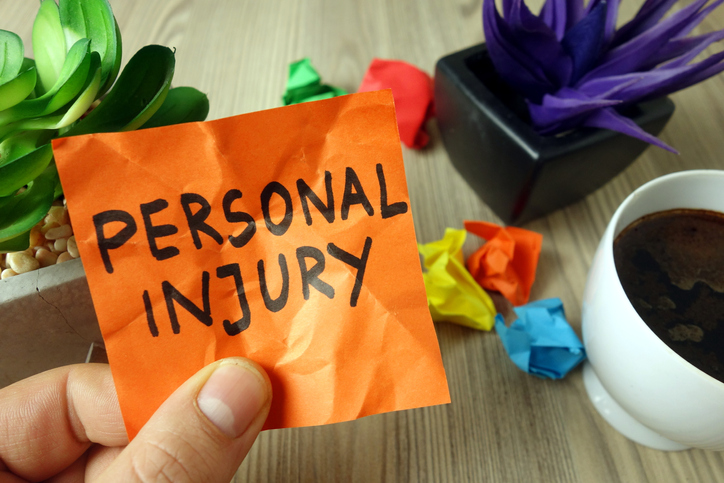When it comes to personal injury claims in the state of North Carolina, the team at Wilson Williams Law is on your side. We understand just how much harm can be caused by the negligent conduct of others. And, our office is dedicated to helping you reduce the stress, trauma, and hassles of seeking a settlement—so you can instead focus your energies on recovery and healing, after experiencing an accident or personal injury.
If you’ve been victimized by the actions of another, you do have options for financial reimbursement. In fact, there are three main types of damages through which you can receive monetary reparations.
To help take some of the guesswork out of what legal options are available, let’s breakdown what economic, non-economic, and punitive damages mean for you.
Understanding economic damages
Economic damages are one of two main forms of compensatory personal injury claims available to help you recoup any financial losses you may have suffered through an accident or injury. Some examples of these sorts of damages include costs incurred through:
- Medical bills and expenses
- Loss of work wages
- Therapy bills
- Repair to property
- Additional or new household expenses
This type of expense can be reimbursed by collecting receipts and being mindful of any financial expenditures you are incurring, due to your injury or accident.
Non-economic damages defined
There is another type of compensatory damage that stems from injuries and accidents, too. But, it is a bit more difficult to define and track. These non-economic expenses are tied to the pain and suffering that your injury may have caused. This includes symptoms such as the following:
- Psychological distress
- Physical impairment or limitations
- Pain and suffering
- Negative impact to your relationships with family or friends
- Reduction of your quality of life
Punitive damages and your rights
There’s one last type of damages in the state of North Carolina to consider when filing a personal injury claim; and it is a bit more rare in injury cases, in comparison to the two compensatory damages we just reviewed. This is referred to as punitive damages. The stipulation that must be met through these types of damages can be more complex (but we can help you sort through how best to proceed when filing for punitive damages).
The most important thing to remember with this particular style of personal injury damage claim is that an individual can claim punitive damages only if the negligent party can be proven to have knowingly wronged the victim. An example of this is a drunk driver. By definition, punitive damages are intended to punish the perpetrator and to also warn others from duplicating the behavior.
Other considerations
The claim process in North Carolina for personal injury cases is rather complex, and there are other key considerations to take into account when preparing your case. Again, this is why having an attorney on your side can be integral to ensuring you file a successful personal injury or accident claim.
Two additional factors your attorney will weigh when reviewing your case are:
- The statute of limitations. A big factor that an attorney can help with is ensuring you file your claim within the state-mandated statute of limitations. In North Carolina, this means that your claim must be settled within three years of your accident’s event date.
- Damage caps. Another consideration a lawyer can help you with is helping you achieve the maximum amount of compensation available to your personal injury case. In North Carolina, there are caps on punitive damages: $250,000 total, or three times the total compensatory damages awarded (whichever is more money).
Still have questions?
Our team at Wilson Williams Law is here to help. Regardless of the magnitude of your accident, or the harm you’ve been caused, our attorneys can help guide you to a better understanding of your options and through the various steps involved in the personal injury claim process.
Our lawyers are extremely responsive and available to provide a free consultation to you regarding your potential case immediately. Get in touch with us today. We look forward to helping with your or your loved one’s personal injury claim process.
Note: This blog is intended to be informational only and shall not be construed as legal advice.


